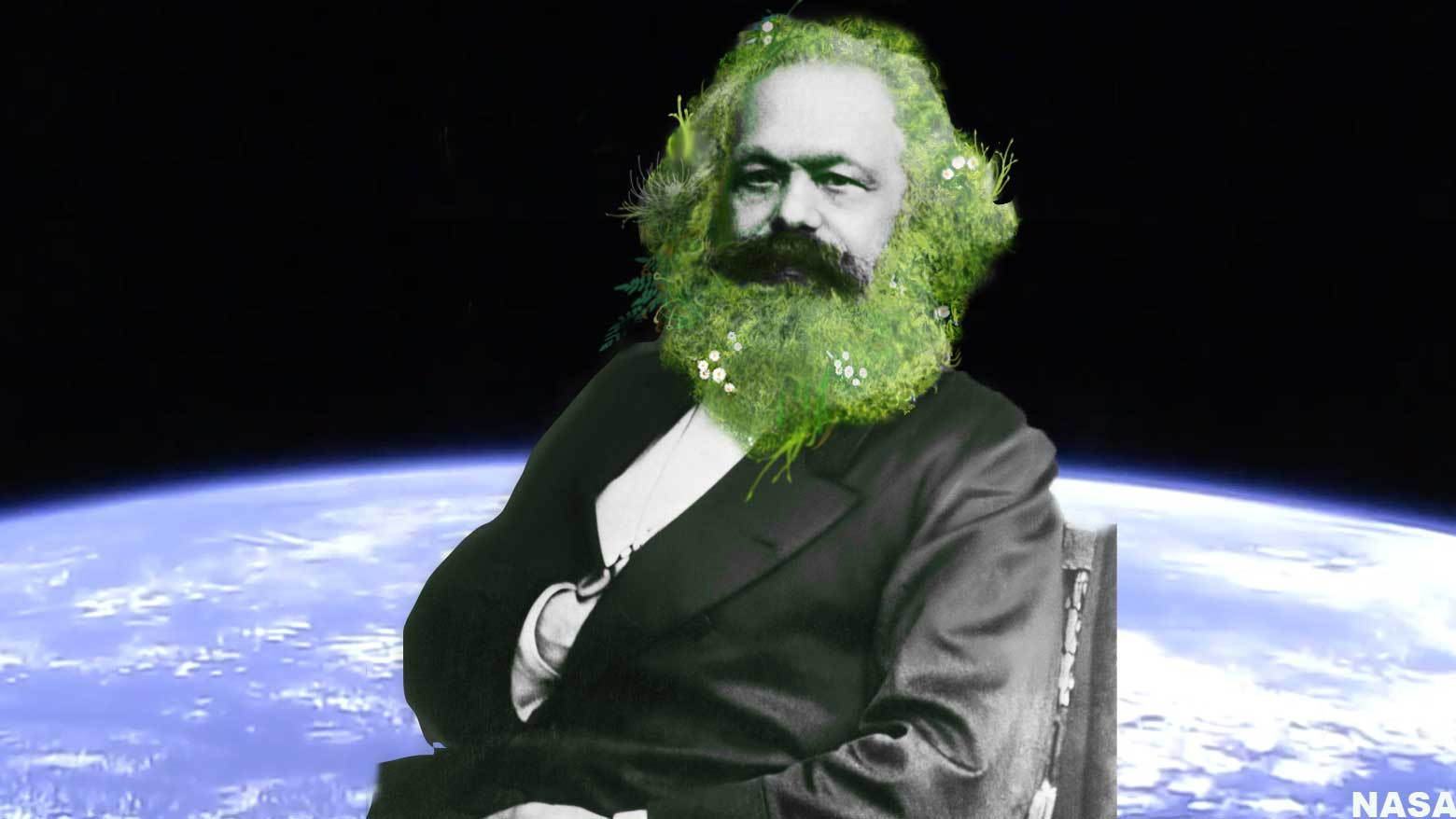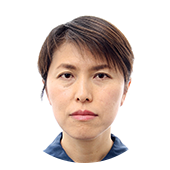Saito Kohei says the coronavirus pandemic has emerged as evidence of "a paradox" of global capitalism. His "Capital in the Anthropocene" has sold about 400,000 copies in Japan since its 2020 publication.
In it, he takes Marx's warning about unrestrained capitalism issued 150 years ago, to explain the climate crisis we now face.
Saito, a 35-year-old associate professor at Osaka City University, had already made a name for himself as a translator of Marxist ideas for the modern world.
In 2018, he won the Deutscher Memorial Prize—an annual award that honors new and innovative writing about Marxism—for a book titled "Karl Marx's Ecosocialism" that draws on some of the philosopher's unpublished notes.
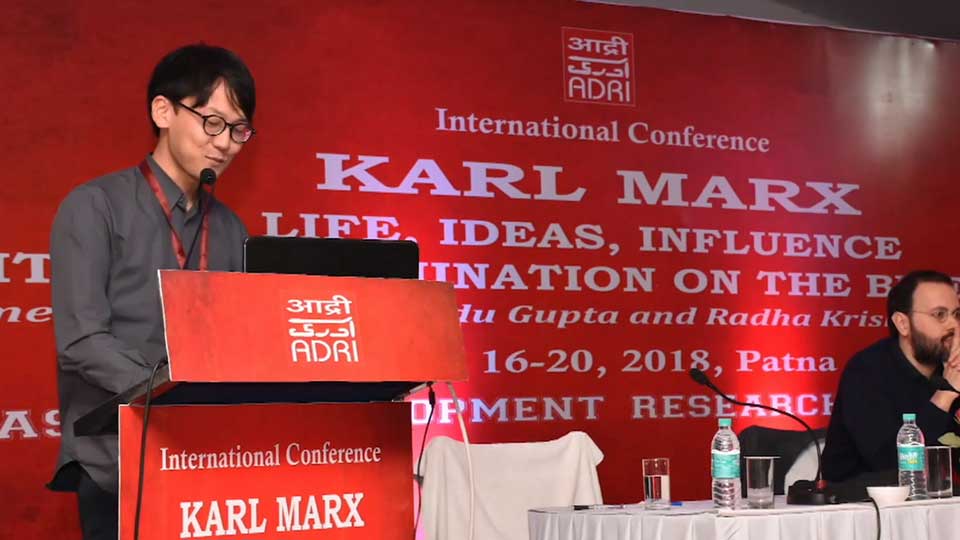
NHK World interviewed Saito to find out more about how he believes Marx's ideas can explain the modern world in which he says capitalism has reached its limit.
Limits of Capitalism
"This age, Anthropocene, is a geological epoch during which human economic activities are affecting the entire earth, destroying the planet. Through global capitalism, we have achieved a prosperous society by mining new resources, and promoting mass production and consumption. But we know now that has caused a paradox," he says.
"It's a paradox that has emerged in the shape of the coronavirus pandemic. The bad news is that COVID-19 is not the last, or the worst, of the crises we face. Climate change is something even more severe.
"Capitalism forges ahead as developed countries relentlessly open up new frontiers to get access to cheap labor and natural resources. Capitalism as defined by Marx is this endless process of increasing values and wealth."
Saito says developed countries have passed on the costs of their growth, like pollution, carbon emissions and destruction of the ecosystem -- on other regions.
"In this age of the Anthropocene, there are no more frontiers left to cultivate. Now, we see tornadoes in the United States and extreme weather in Europe, just like in any other part of the world. Even if you live in a developed country, there is no escape from a crisis like the coronavirus pandemic, or climate change.
"What if capitalism still tries to expand just to maintain its system? That's where we need to apply an emergency brake," says Saito.
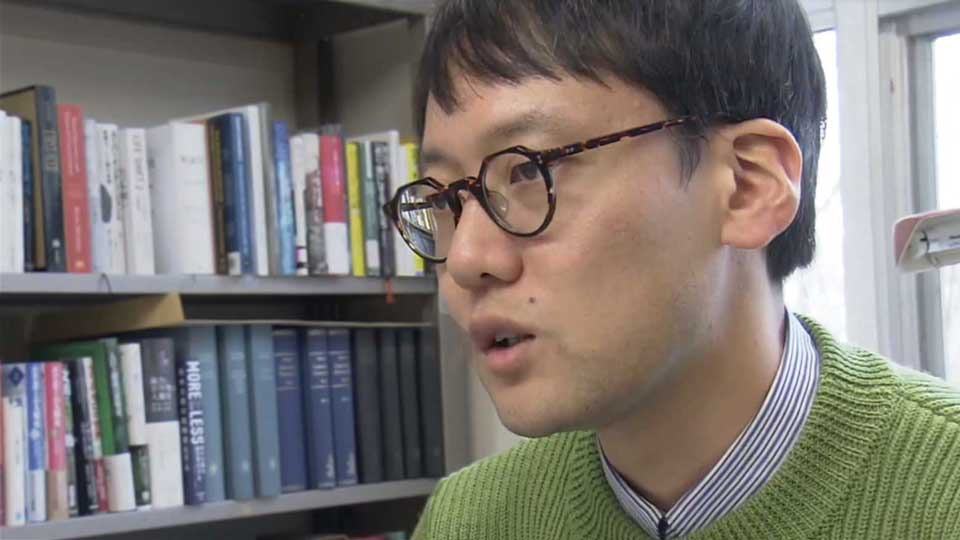
Saito has openly expressed skepticism about "green new deal" policies that try to promise both economic and environmental benefits.
"Consumption of energy and resources keeps increasing as an economy develops. To tackle climate change, we need to drastically cut carbon dioxide emissions. But I don't think we can manage economic growth at the same time. Those of us who live in developed countries, must find a way to slow down to steady-state, sustainable economies," he says.
"If we produce large quantities of electric vehicles, or solar panels, or wind turbines, we will need to exploit limited resources, like lithium, that are mainly sourced from less developed parts of the world. I am concerned that such a situation could eventually give rise to a new form of imperialism."
Marx and "eco-socialism"
Saito and other scholars are studying Marx's unpublished manuscripts written in his late years. The notes include Marx's study of natural science. Specifically, they show his keen interest in the types of societies that existed before the rise of capitalism, including a self-governing agricultural commune in Russia and a medieval community in Germany.
"In these notes, I see Marx trying to draw a vision of a society after capitalism. There is an idea that could be referred to as 'eco-socialism,' which places importance on sustainability and social equality," he says. "I'm trying to imagine a future society by returning to his philosophy."
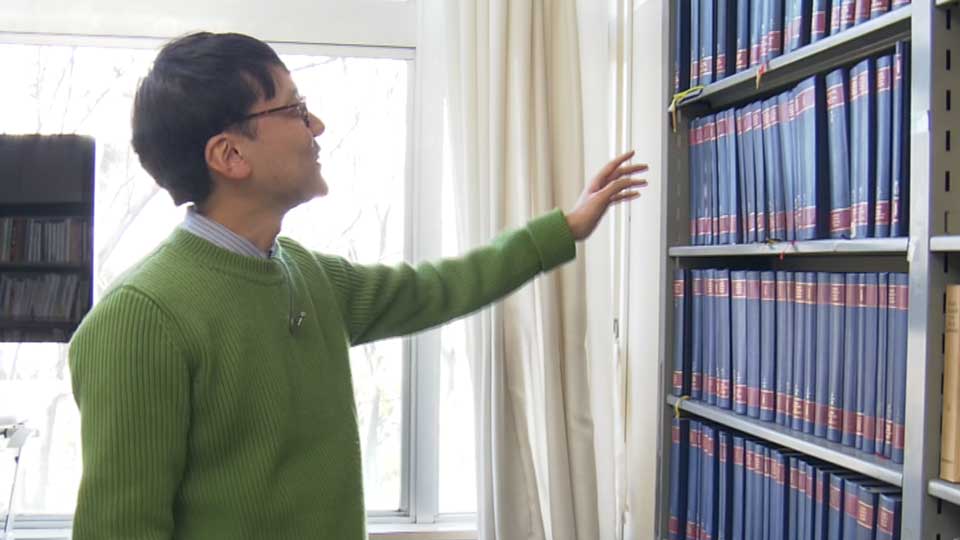
Saito says Marx has an idea called "commons" that refers to things that are essential for our daily lives, like water, electricity, education, and medical care. They were managed together by a community, accessible to anyone and anyone before capitalism.
"We now find ourselves in a position where capitalism has commodified or enclosed everything on earth for profit-making accessible only for the wealthy," he says.
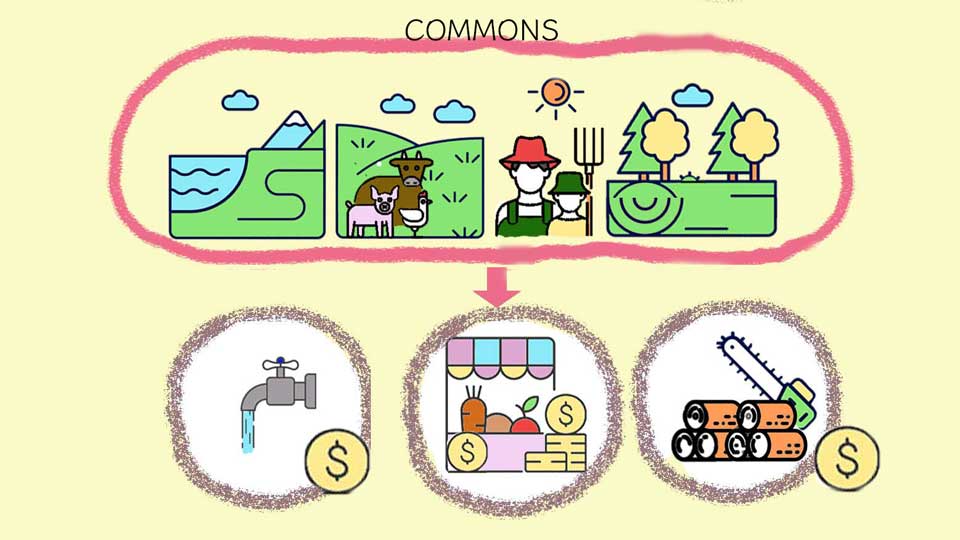
Saito says Marx believed there should be a measure to control and reestablish these "commons," but not through privatization nor nationalization. Saito says he believes that citizens should now share and manage these public goods of "commons" in a democratic way, rather than left to the market.
"Marx also viewed the earth as one 'common', but he was concerned that the forces of production and consumption could eventually destroy that status," says Saito.
"Based on his thought, I think that there may be enough existing wealth now for people's demands to share. If we could increase the number of these 'commons,' we could achieve a sustainable and equitable society that Marx dreamed of."
